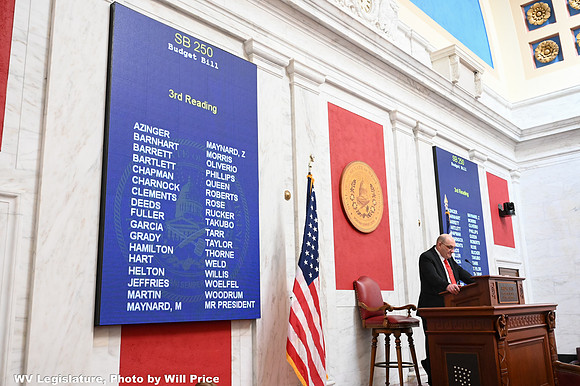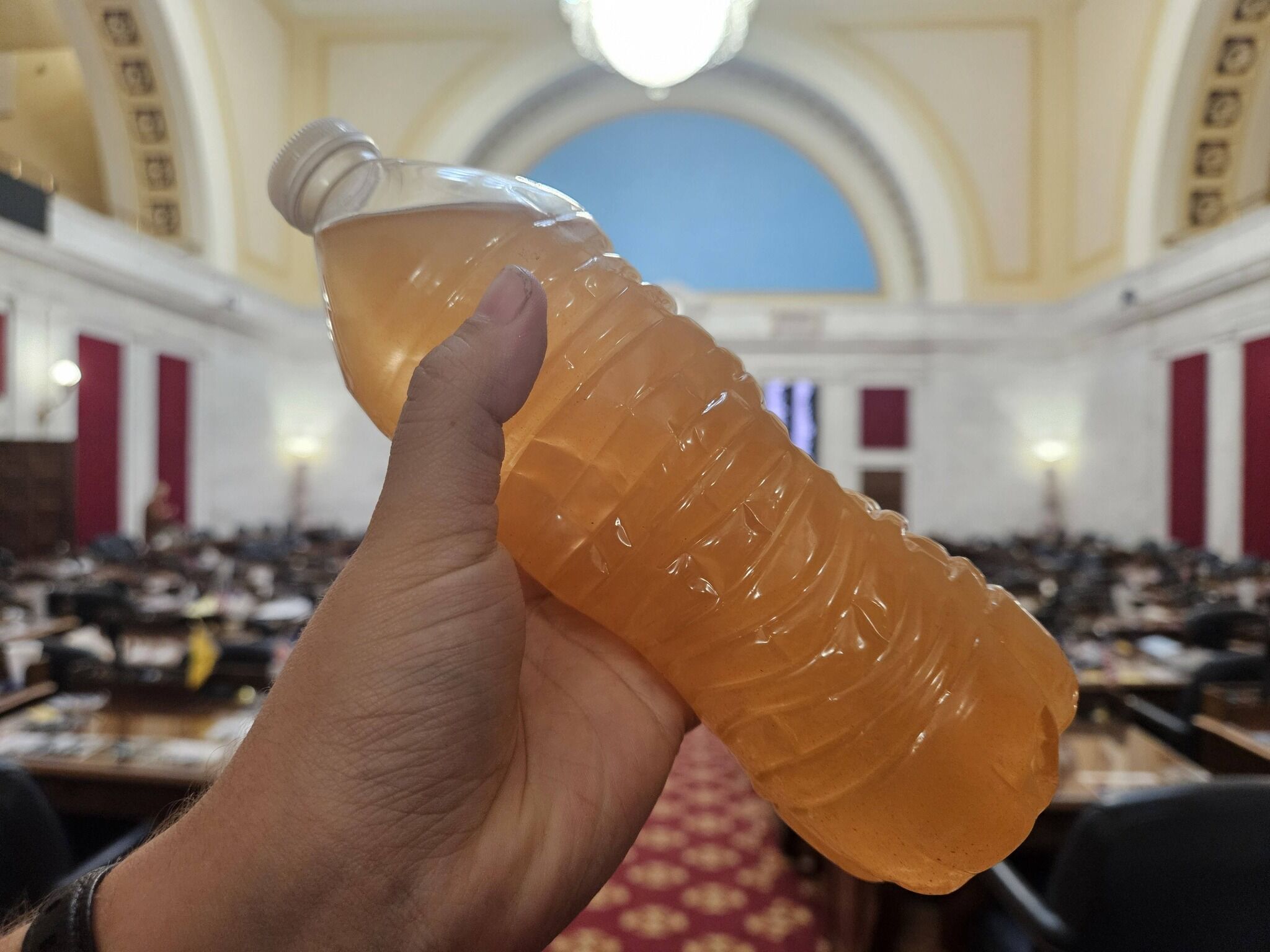- Like
- Digg
- Del
- Tumblr
- VKontakte
- Buffer
- Love This
- Odnoklassniki
- Meneame
- Blogger
- Amazon
- Yahoo Mail
- Gmail
- AOL
- Newsvine
- HackerNews
- Evernote
- MySpace
- Mail.ru
- Viadeo
- Line
- Comments
- Yummly
- SMS
- Viber
- Telegram
- Subscribe
- Skype
- Facebook Messenger
- Kakao
- LiveJournal
- Yammer
- Edgar
- Fintel
- Mix
- Instapaper
- Copy Link
By Tyler Cannon, Community Organizer
This story starts with a pattern that’s all too familiar: Big Industry, TransGas in this case, and the West Virginia Department of Environmental Protection (WV DEP) believed people would stay quiet and let this project roll forward.
Instead, they ignited a movement grounded in the fundamental right to clean air and clean water, and in a community’s deep willingness to stand up to protect its interests and its families.
Throughout the summer, Mingo and Logan Counties became the epicenter of unprecedented community opposition, amid routine regulatory approval and economic promise. Two massive gas-fired power plants are proposed in Mingo County to run private, off-grid data centers, not to power local homes or businesses. Each facility would host over 100 methane- or diesel-burning engines and, if built, would become among the state’s largest air polluters
In the weeks ahead, we’ll dig deeper into this fight and share how communities are standing together to protect what matters most. The story of building a base and the power of ordinary people aligning their shared interest in community survival.
Organizing power that must be built to upend the systems that sacrifice our health and future for corporate gain or “national security,” and replace them with a system that prioritizes clean air, clean water, and a safe future for our children and grandchildren.
What does it mean to build a base?
At West Virginia Citizen Action Group, building a base starts with the basics: canvassing, knocking on doors, holding community meetings, and having one-on-one conversations that build lasting connections.
Through this process, we meet people where they are and help them organize, building the skills and strategy needed to lead and sustain their own fights for change.
A one-on-one is an intentional conversation between two people, usually an organizer and a community member. These unique conversations are about listening, being curious about a person’s life, interests, and motivations, and finding commonality.
A strong base forms when people recognize their shared interests and choose to act together toward a common goal. Mingo County, specifically the communities of Gilbert Creek & Ben Creek, is showing what this looks like.
What is happening on Gilbert and Ben Creeks anyway?
Since July, community members on Gilbert Creek and Ben Creek have been mobilizing, educating themselves and their neighbors about what is at risk with these facilities, and taking action to ensure TransGas and the WV DEP hear their voices.
The WV DEP insisted that a virtual hearing would be adequate for receiving public input, despite poor internet access in the affected communities, but Mingo County residents pushed back. Six locals hand-delivered 26 letters to DEP headquarters and held a press conference, prompting the agency to allow an in-person hearing.
About 75 people attended, nearly all opposed.
WV DEP officials said their hands were tied when it came to imposing stronger protections against harmful emissions and groundwater contamination, leaving residents wondering how the agency could protect already sick and overburdened communities.
Concern is growing, and as residents discover the details of what’s proposed, they’re organizing in response. They are arming themselves with community science, collecting baseline air quality data with PurpleAir monitors; they are preparing for this fight for the long haul.
Despite mounting opposition, the state is pressing forward and issuing air permits.
What’s next and why does this matter to all of us?
The fight is far from over.
TransGas’s air permits may have moved forward, but the public input process did something just as important: it brought people together, sparking new energy and engagement in the community.
The community is preparing to fight these proposals through the courts, the county, the state and in their neighborhoods. The organizing communities are building to protect themselves from these plants is the same organizing they can use to demand solutions to failing water infrastructure and the legacy of harm from the area’s industrial history.
You have the power to build this in your community—and we’re here to help.
The more people we organize and the more places we build community power, the greater our collective power becomes. Organizing is necessary to stop the wave of corporate capture of human and natural resources at the cost of public health.
We need an organizing revival to challenge the regulatory failures putting people at risk—and to build a future where communities can thrive and heal from the damage already done.




